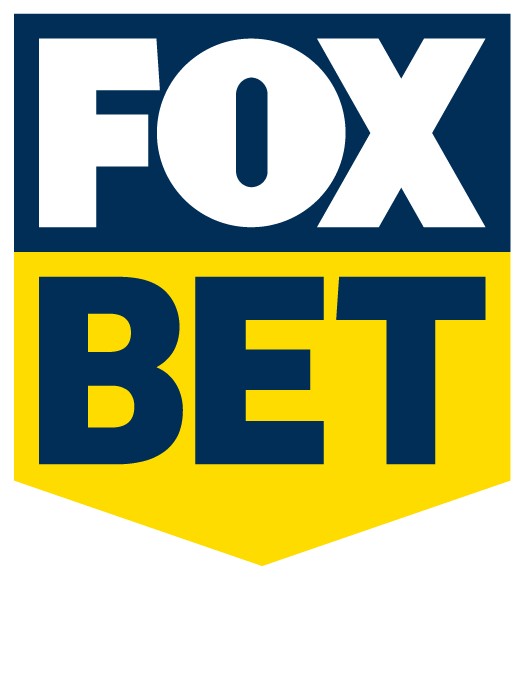The End of FoxBet
Fox and Flutter are closing FoxBet, the sports betting platform owned and operated by Flutter with the Fox brand name. How did we get here, who won and lost, and what are the key takeaways?
The deal originated when Sports Betting and Poker company The Stars Group (TSG) agreed to license the Fox brand name in order to launch Fox Bet in the U.S. Fox invested $236M into the deal (totally 5% of The Stars Group’s business) effectively valuing the TSG business at $4.7BN.
Flutter, which owned (and still owns) FanDuel, then went and bought TSG for $6BN (a nice little pay-day for the Canadian based firm). At the time, TSG owned assets beyond FoxBet including SkyBet and PokerStars.
The thesis behind the deal was that a big broadcaster like Fox could leverage its large TV audience and a fun, free-to-play game like Fox Bet Super 6 to build a meaningful sports betting business. This exact playbook worked with SkyBet and SkySports in Europe, but ultimately failed in the U.S.
So who won and lost in this deal?
Flutter’s $6BN purchase of TSG may seem foolish, but was a smart hedge in the event a broadcast brand mattered more than a Daily Fantasy one. Ultimately, Flutter was happy as long as either FanDuel or FoxBet won in the U.S. With FanDuel’s U.S. based sports betting market share hovering around 50%, Flutter did just fine in the grand scheme.
TSG was financially victorious, ultimately flipping its business swiftly for a sizable gain.
Fox ended up as the biggest loser of this deal. The company lost its $236M investment. In addition, Fox overestimated Flutter’s support of FoxBet. Ultimately, Flutter pumped its technology and marketing resources into FanDuel.
Some other, broader opinions on why FoxBet failed
When it comes to new, fast growing industries in the U.S. like sports betting, market share consolidation happens quickly. The efficiency of the capital markets, the wits of the financial players, as well as generally lax financial regulation create an environment where we quickly get to “3-4 player” markets.
Prime examples are :
Food ordering and delivery
Ride-sharing / e-scooters / e-bikes
Mobile Payments
Sports Betting became a four-team race quickly in the U.S. between FanDuel, DraftKings, BetMGM and Caesars. Being a startup or challenger brand was nearly impossible due to the following set of circumstances:
Little product differentiation, so startups could not win on innovation
Established sportsbook technology built overseas by MGM, Caesars, and Flutter which they could leverage in the U.S.
A need for deep pockets to spend on promotions and marketing for a challenger (E.G. DraftKings) in order to gain market share
A moat for the casinos around first “licenses” and “skins” which could allow them to maintain power over potential challengers
So long, FoxBet.




